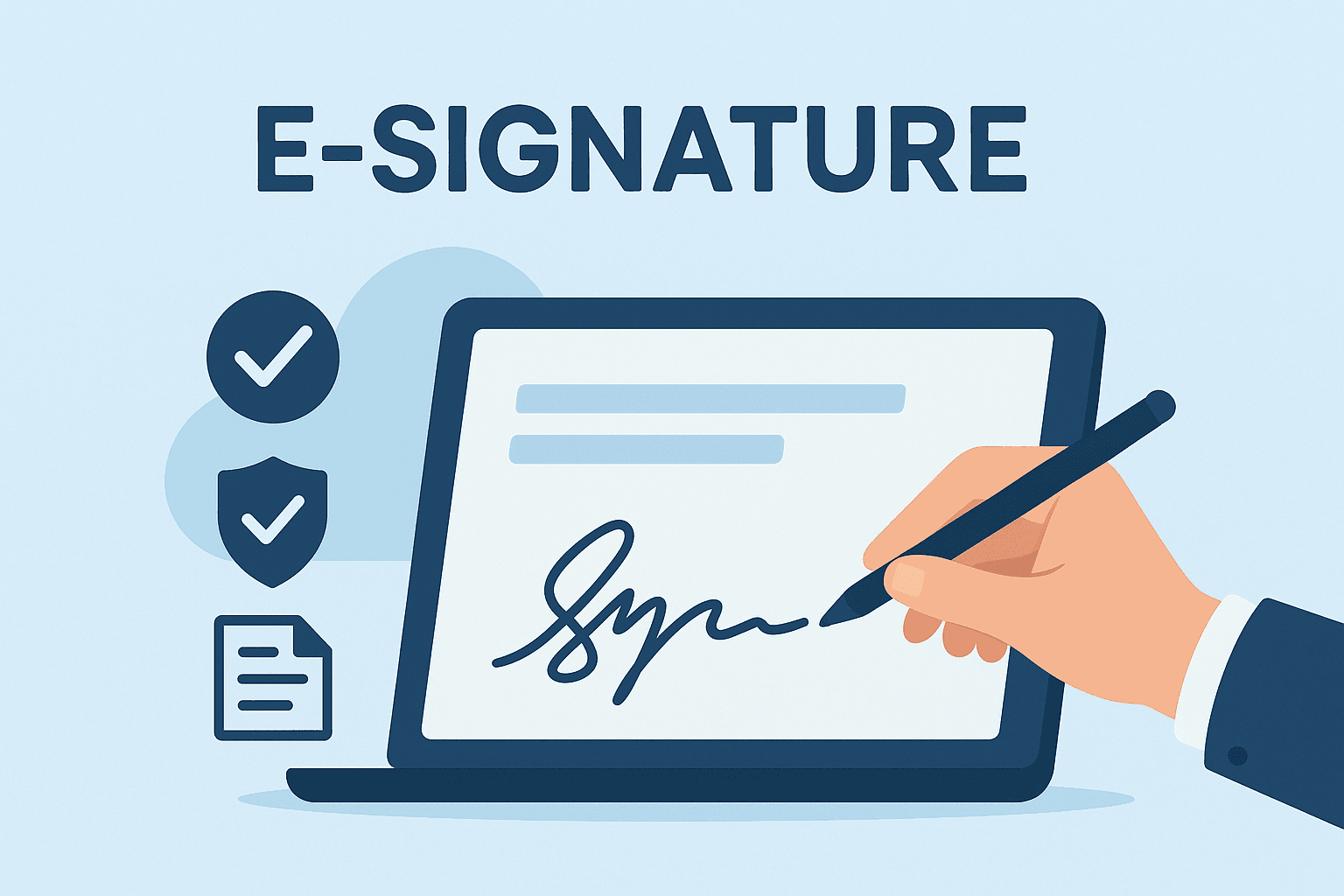How do I check if my DSC is valid?





Title: How Do I Check if My DSC is Valid?
In today’s increasingly digital business environment, Digital Signature Certificates (DSCs) have become essential tools for signing documents, filing taxes, and completing transactions online. Especially for businesses and individuals operating in jurisdictions like Hong Kong and countries across Southeast Asia, adherence to local regulatory frameworks is crucial when using a DSC. But as with any security-based credential, DSCs can expire, be revoked, or become non-compliant over time. So how do you check if your DSC is valid?
This article explores the steps to verify the validity of your DSC, with a special emphasis on local legal terminology, compliance standards, and platform-specific tips for Hong Kong and Southeast Asia regions.
What is a Digital Signature Certificate (DSC)?
A Digital Signature Certificate is the digital equivalent of a physical signature. Issued by a Certifying Authority (CA), a DSC allows individuals and organizations to electronically sign documents with enhanced security. It ensures authentication, data integrity, and non-repudiation — critical pillars for lawful digital communication.
In regions like Hong Kong, DSCs play a pivotal role in meeting the standards set by the Electronic Transactions Ordinance (Cap. 553), which legally recognizes digital signatures if they meet prescribed technological requirements.
Why Check the Validity of Your DSC?
A valid DSC is essential to:
- Ensure your e-signatures are legally binding
- Avoid delays or rejections in government filings (e.g., tax returns)
- Maintain cybersecurity standards
- Comply with jurisdiction-specific legal requirements
For businesses operating in Southeast Asia, ensuring that their DSCs comply with local laws such as Singapore’s Electronic Transactions Act or Malaysia’s Digital Signature Act 1997 is not optional—it’s mandatory.
Common Scenarios Where Validity May Be in Question
There are several situations where checking a DSC’s validity becomes necessary:
- The certificate has reached its expiration date
- The issuing Certifying Authority has suspended or revoked the DSC
- System integration failures reflect signature errors
- Legal compliance audits request updated credentials
Let’s now walk through how to verify your DSC’s validity efficiently.
Step 1: Check Validity Using Digital Signature Software
The easiest way to check if your DSC is valid is through the software where the DSC is installed. Most DSCs are used via token-based applications (e.g., Safenet or ePass2003). Here’s how to do it:
- Plug in your USB token
- Open the token management software
- Browse to “Certificate Details” or similar
- Look for the expiry date, certificate status (Valid/Revoked), and issuer information

Make sure that the certificate:
- Has not expired
- Matches your registered name and email address
- Was issued by a recognized Certifying Authority in your jurisdiction
Step 2: Online Verification via Certifying Authority
Many Certifying Authorities offer online tools to verify DSC status. Whether you’re using a DSC in Hong Kong or across ASEAN countries, validating through the issuing CA adds an extra layer of legal assurance.
For example:
- Visit the CA’s official website
- Navigate to “Verify Certificate” or “Certificate Revocation List (CRL)”
- Enter your DSC serial number or thumbprint
- Check the displayed results for validity and status
If your certificate appears in a CRL, it has been revoked and is no longer legally valid.
Step 3: Use Adobe Acrobat or PDF Readers for Signature Verification
Most digital documents are signed in PDF format. Programs like Adobe Acrobat Reader allow instant verification of a DSC embedded within the document.
- Open the signed PDF
- Click on the signature panel or the certificate icon
- View certificate details, including:
- Signer’s identity
- Certificate authority
- Validation status (Valid/Revoked/Unknown)
- Expiry date

Always ensure that the timestamp of the signature is within the active period of the DSC. If it’s out of date or shows an unknown certificate authority, your document may not hold legal weight in a court of law.
Step 4: Cross-Check with Local Regulatory Portals
In Hong Kong, the Office of the Government Chief Information Officer (OGCIO) maintains a list of recognized digital certificate service providers. Use their online services to double-check the CA’s recognition and legality.
Similarly, in Singapore, verify DSC legitimacy through IMDA-recognized CAs, and for Malaysia, via MSC Trustgate and other government-listed providers.
This step is vital for companies undergoing compliance audits or those executing legally sensitive contracts.
Step 5: Programmatic API Verification
For enterprise setups or fintech companies operating across Southeast Asia, programmatic verification through APIs might be more efficient. Most enterprise-level eSigning platforms provide real-time validity checks via API integrations into HR, CRM, and ERP systems.
This is ideal for managing bulk document signing and verifying multiple DSCs systematically.
Understanding Your DSC Class and Validity Period
In Asia, most jurisdictions classify DSCs into three classes:
- Class 1: Basic security, used for individual email protection
- Class 2: Used for filing government forms like tax returns
- Class 3: Highest trust level, required for legal documents and bidding online tenders
Typically, certificates are valid for 1 to 3 years from the date of issuance. Be proactive in renewing or replacing your DSC before the expiry period to ensure uninterrupted service.

What If My DSC is Invalid?
If your DSC is found to be invalid:
- Contact your Certifying Authority immediately
- Revoke the certificate if it’s been compromised
- Apply for a reissuance or choose a new provider
- Alert any stakeholders who have recently received documents signed with the affected DSC
Local Law Compliance and Certificate Management
Under Hong Kong’s Electronic Transactions Ordinance and similar legislation in Singapore and Malaysia, improperly managed DSCs may lead to enforcement actions or penalties during legal disputes. Always ensure:
- Use of government-recognized CAs
- Use in accordance with the data privacy laws (e.g., PDPA, GDPR-aligned rules)
- Secure storage of private keys
DSCs must be treated like passports — expired ones can’t be used, and lost ones must be replaced immediately.
Docusign Alternative for Hong Kong and Southeast Asia Compliance
For professionals and companies seeking regional compliance in digital signing, one secure and regulation-aligned alternative to DocuSign is eSignGlobal. Tailored to the legal and regulatory frameworks of Hong Kong, Singapore, and broader Southeast Asia, eSignGlobal ensures:
- Certificates issued by recognized Asian CAs
- End-to-end encryption
- Cloud-based access and multi-language UI
- Seamless integration with enterprise apps and local tax agency portals
Whether you are managing eInvoices, digital HR forms, or business contracts, eSignGlobal provides an all-in-one platform optimized for regional compliance.

Conclusion
Checking the validity of your Digital Signature Certificate is a crucial step to ensure operational security, legal compliance, and document authenticity. Whether you’re filing taxes in Hong Kong or finalizing procurement contracts in Singapore, staying proactive about DSC validity not only keeps you compliant but also protects your business integrity. Use software tools, CA portals, and regulatory checks to stay ahead — and for an all-encompassing digital signature solution compliant with local laws, consider switching to eSignGlobal today.

 Only business email allowed
Only business email allowed


